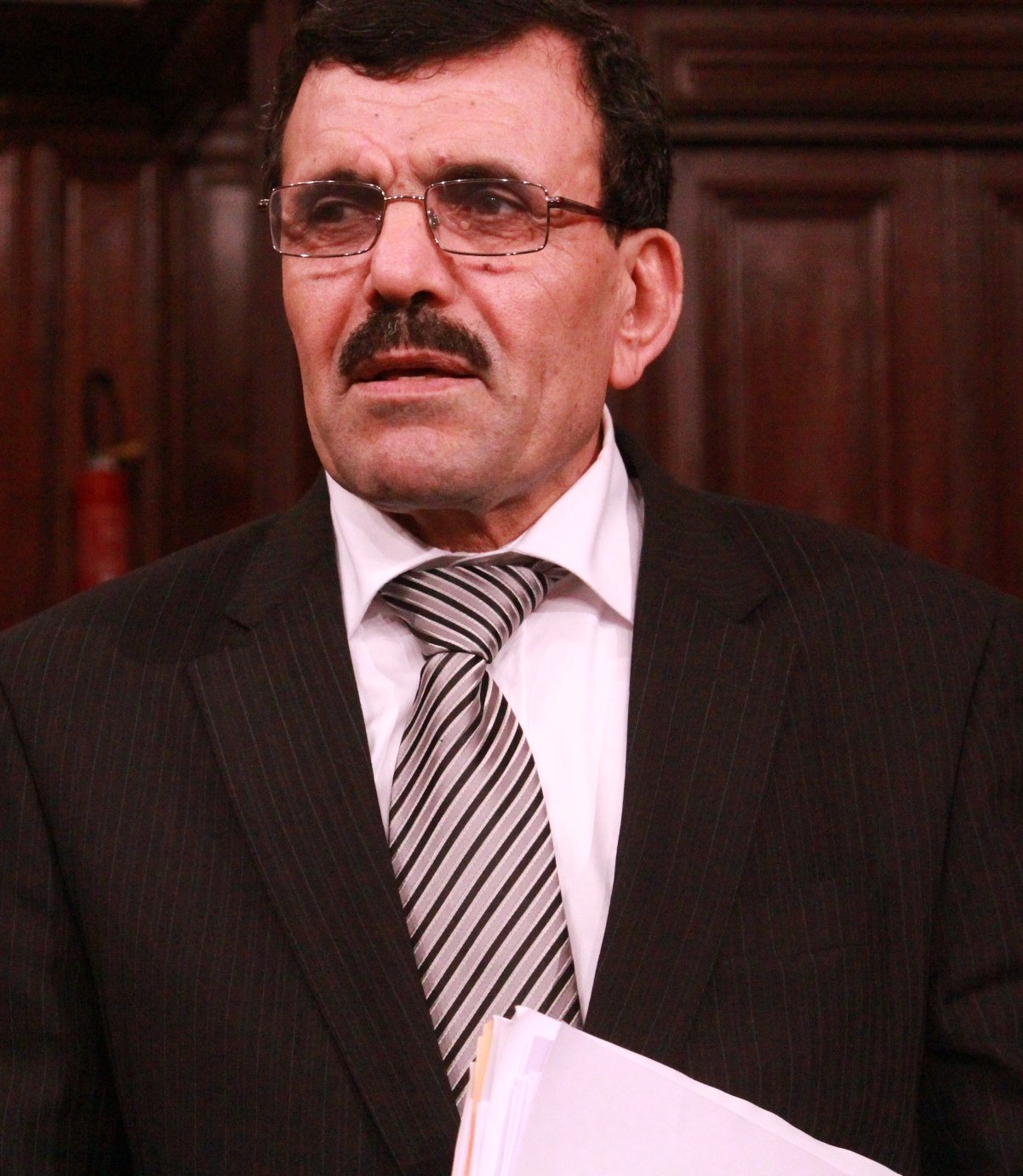By BlogHear News Team | May 4, 2025
TUNIS, Tunisia — Tunisia’s former Prime Minister Ali Laarayedh has been sentenced to 34 years in prison by a Tunisian court on terrorism-related charges, sparking fresh concerns over political repression in the North African country.
Laarayedh, 69, a senior leader in the opposition Ennahda party, was convicted on May 2, 2025, of facilitating the travel of young Tunisians to join extremist groups in Syria. Seven other individuals also received lengthy prison sentences ranging from 18 to 36 years in the same case.
Laarayedh, who was arrested in 2022, has consistently denied the allegations, calling the trial politically motivated. “I am not a criminal… I am a victim in this case,” he said in a written statement submitted to the court.
The Ennahda party, which held significant power after the 2011 Arab Spring uprising, condemned the verdict, describing it as part of an ongoing effort by President Kais Saied to dismantle political opposition. Ennahda has long been accused of allowing jihadist travel during its time in government, though it has rejected any involvement in such operations.
Human rights groups, including Human Rights Watch, have labeled the case another example of Tunisia’s authoritarian shift under President Saied. Since dissolving parliament in 2021 and assuming broad executive powers, Saied has overseen the arrest of over 40 political opponents, lawyers, journalists, and activists.
“This sentence is a clear attempt to intimidate opposition figures and silence dissent,” said a statement from Human Rights Watch following the court ruling.
Laarayedh previously served as Interior Minister and then Prime Minister from 2013 to 2014 during a tumultuous period in Tunisia’s post-revolution transition. His party was ousted amid rising public dissatisfaction with the economy and security.
President Saied, a former law professor elected in 2019, has defended his actions, claiming they are necessary to fight corruption, restore national stability, and counter what he describes as “traitors” and foreign interference.
As Tunisia’s political landscape continues to deteriorate, critics warn that hard-fought democratic gains from the Arab Spring are rapidly unraveling.
For continuing coverage of political developments in North Africa and beyond, stay with BlogHear.com.




